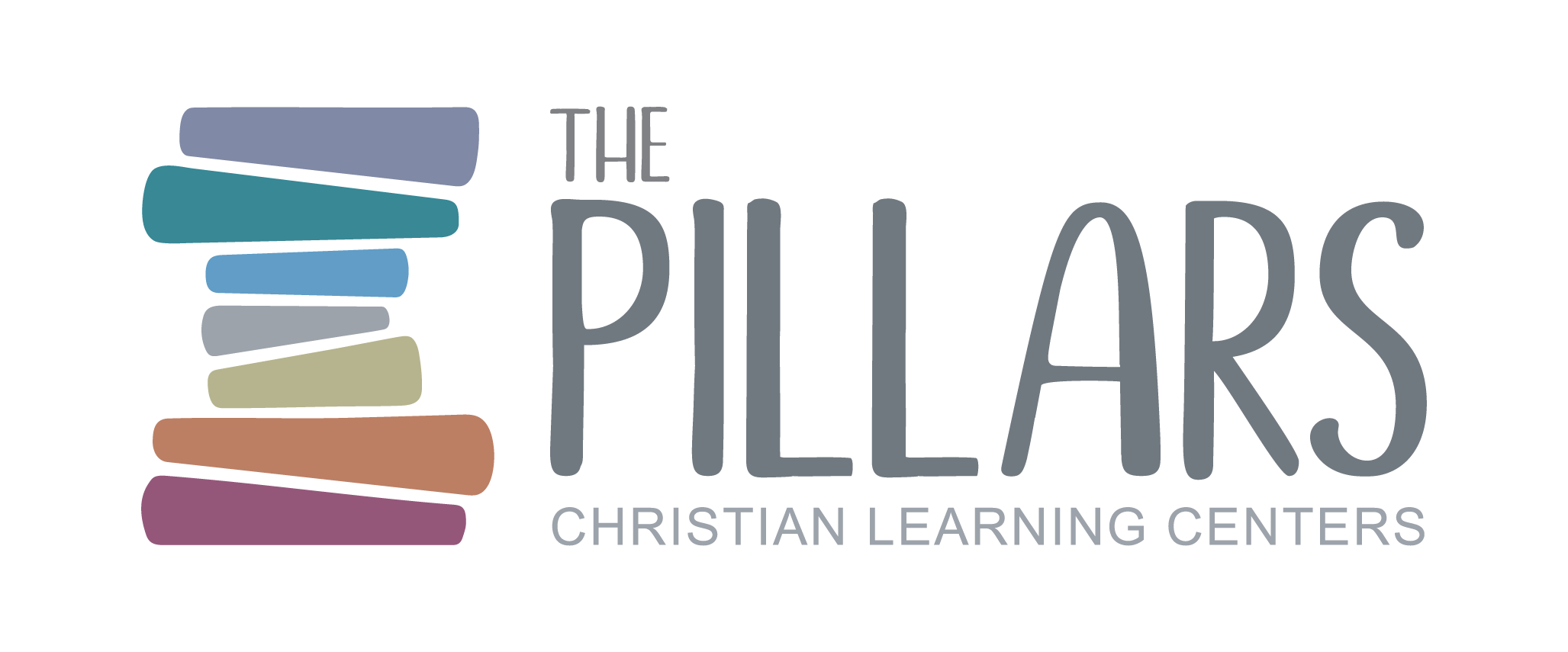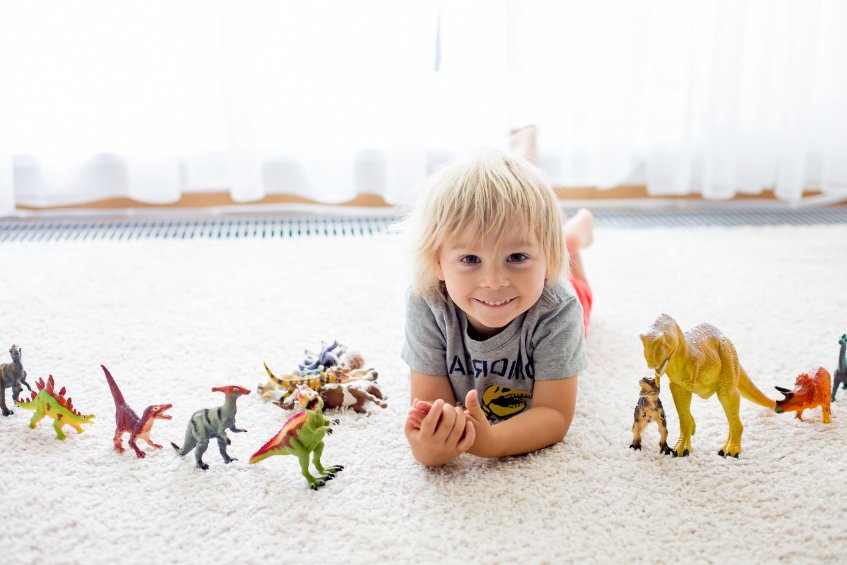Play is crucial for the healthy development of young children. Children learn to explore their environment, try new things, and solve problems through play. They also develop important social and emotional skills, such as communication and cooperation. One type of play that is particularly important in early childhood is open-ended play. This is where children are free to use their imagination and exploration without any specific goals in mind. It might involve playing with construction toys, pretend play or simply exploring nature. Open-ended play allows children to be creative, experiment with different ideas and work through problems independently.
Open-ended play benefits children in more ways than one. Here are eight of the most important ones:
Open-ended play helps children develop important life skills
Whether it was building forts out of blankets and pillows, pretending to cook dinner in a play kitchen, or spending hours playing with action figures or dolls, open-ended play is a central part of childhood. And while it may seem like simply child’s play, open-ended play helps children develop important life skills. It allows them to practice essential skills like problem-solving, communication, and cooperation.
For example, a child might use a block as a toy car or pretend that a stick is a magic wand. In doing so, they are using their imagination to create new worlds and stories. This type of play helps them develop important creative thinking skills they can use in school and beyond!
It promotes physical development
In addition to promoting cognitive development, open-ended play also supports physical development in young children. Gross motor skills are developed as children run, jump, and climb during outdoor play. Each time they use their bodies in new ways, they develop strength, coordination, and balance.
Fine motor skills are also promoted through open-ended play. Building with blocks or threading beads requires the use of small muscles in the hands and fingers. This type of play helps children develop the dexterity and control they need for tasks like writing and using scissors.
It supports language development
Language development is another critical aspect of early childhood development that is supported by open-ended play. Children use their imaginations to create new words and phrases when they engage in pretend play or make up stories. This helps them develop a larger vocabulary and learn how to put sentences together.
In addition, open-ended play allows children to practice using different types of communication. For example, they might use gestures, body language, and facial expressions when playing with others. This helps them develop important social communication skills.
It helps children understand their emotions
Open-ended play is also a great way for children to understand and express their emotions. When children feel sad, mad, or scared, they can often work through these emotions by acting them out in play. Pretend play gives children a chance to explore different situations and figure out how they would feel in each one.
For example, a child might pretend to be a character in a book who goes through a particular ordeal. This helps the child can work through their own feelings of anger and frustration. As a result, they get to develop important emotional regulation skills.
It promotes social development
In addition to promoting language and emotional development, open-ended play supports young children’s social development. Through play, children can practice important social skills. These include sharing, taking turns, and cooperating with others.
For example, when children play together, they might take turns being the leader or following someone else’s lead. They might also work together to build something or solve a problem. These experiences help children learn how to be part of a group and understand the importance of cooperation.
It improves academic performance
A number of studies have shown that there is a link between open-ended play and academic performance. Children who are given more opportunities to engage in open-ended play tend to do better in school than those who don’t.
One study found that preschoolers who engaged in more pretend play had better social skills and were more likely to succeed academically when they got older. Another study found that kindergarteners who engaged in open-ended play had better problem-solving skills.
It’s enjoyable!
Last but not least, open-ended play is simply enjoyable for children. When given the opportunity to explore, create, and imagine, children are able to have fun and be themselves. This type of play allows them to be creative and use their imaginations in new ways.
Open-ended play is an important part of childhood development. If you’re looking for ways to support your child’s holistic development, consider incorporating more open-ended play into their day.
At The Pillars Christian Learning Center, our mission is to provide high-quality early childhood education while instilling and exemplifying Christian Values. Our vision is to partner with you as a parent to build your child a firm foundation for a lifetime of success and achievement — in their academics, their relationships, and their Faith. Visit our website to learn more!

